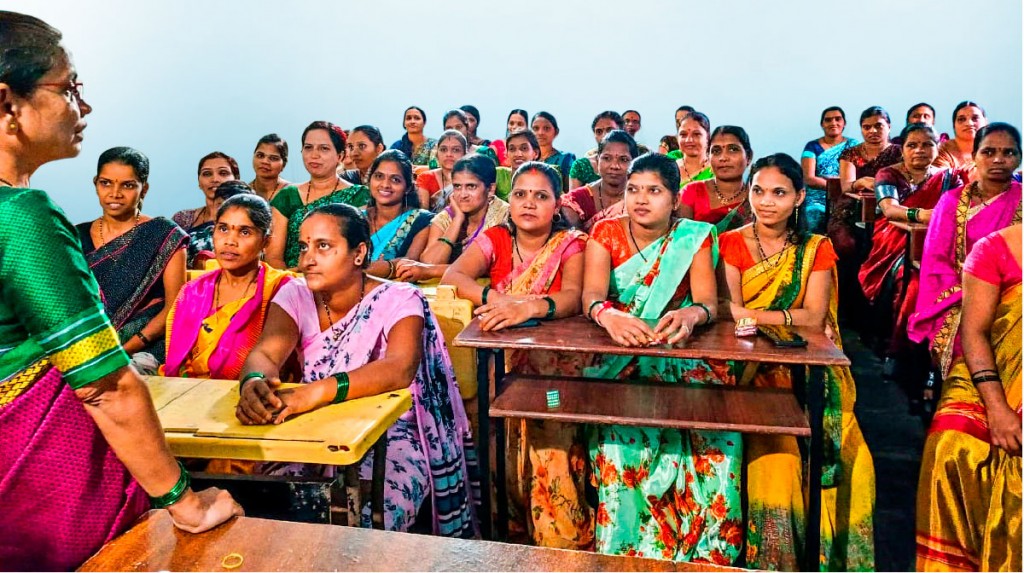At Sindhalchi Wadi, a village in Maharashtra, pregnant Adivasi women were throwing away the iron and folic acid (IFA) tablets provided to them at regular antenatal camps conducted by RC Panvel Elite, RID 3131. “It was an absolute shock. They believed that the pills would increase the baby’s weight and that they will not be able to have a normal delivery. Also, they were scared that a child born through an operation will be weak and may have some defects,” says Dr Swathi Likhite, club president.

The club stumbled upon this information when it conducted multiple paediatric health camps across 13 villages near Mumbai. The camp collected a database of over 1,000 children below 12 years with poor haemoglobin. The club president, who is also a paediatrician, conducted further research only to find that “worms were the main reason for the poor haemoglobin levels and a compromised immune system leading to the bad health of these children.” A deworming drive was conducted for over 1,000 children. The club then decided to conduct antenatal camps: “We learned that 90 per cent of the pregnant women were anaemic.” They were given IFA tablets but even over a course of two months “there was no improvement. When we probed, we found that none of them were taking the tablets.”
The antenatal camps are close to my heart. This initiative has given me an opportunity to meet and develop meaningful relationships with people and develop a deeper understanding of what our community wants.
– Dr Swathi Likhite, president, RC Panvel Elite
The ASHA workers were “doing their best and encouraging these women to come to the nearest PHC and get their regular check-up done. They also create awareness on the consumption of IFA and the adverse consequences of not taking the pills. But this was not enough, says the club president. “Only very few women want to follow all the guidelines and take the prescribed medicines. But they were discouraged by the elderly women in the village. We were fighting a taboo and the only way we could make a difference was by creating awareness.”

The club conducted talks to help women understand the benefits of IFA. “Pregnant women need 27 milligrams of iron per day, compared to 18 milligrams for non-expecting adult women (19 to 50 years old). We showed them case studies and explained to them that unlike what they believed, these tablets help in the prevention of congenital malformations. We also elaborated on the role IFA plays in immune function for the baby, osteoporosis prevention and hearing loss.”
Slowly but steadily the women began to take the pills. Improved results “encouraged us to get more involved. We are building an RCC team and this will help us understand the unique challenges women in these rural communities face.” The club is conducting regular oral check-up camps, yoga classes, and Good Touch and Bad Touch sessions for the children, alongside nutritional awareness, healthy recipe classes, and personal hygiene for pregnant women in the villages.

“The antenatal camps are close to my heart,” says Swathi and adds that this initiative has given her an “opportunity to meet and develop meaningful relationships with people and a deeper understanding of what our community wants.”
The club has also carried out a typhoid vaccination drive where 800 government school students were vaccinated. The total cost was ₹56,000. Recently over 750 adults were given hepatitis B vaccinations at the cost of ₹45,000. The club has so far carried out 132 medical service projects, RYLAs for 1,500 students and distributed four digital learning kits in government schools.





